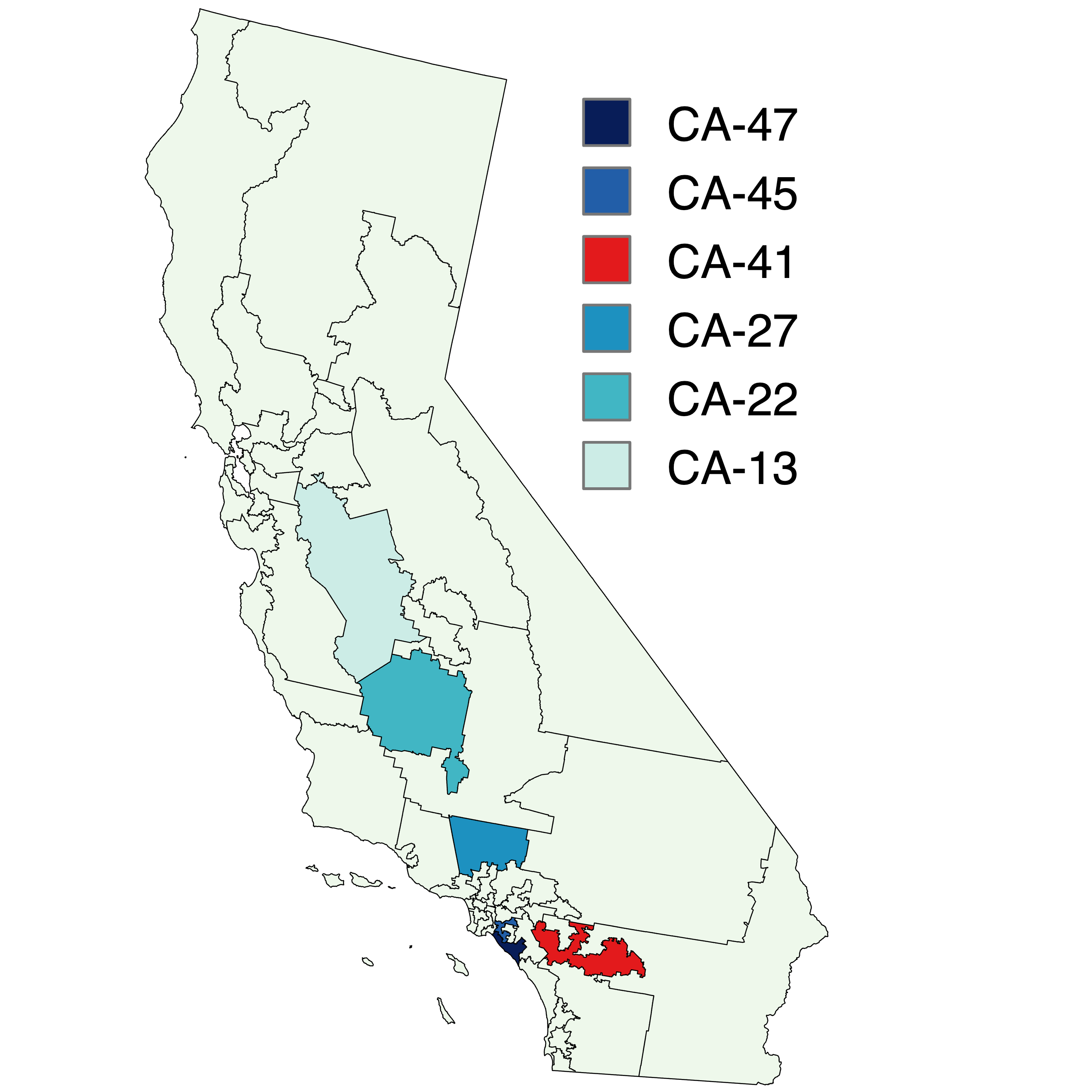#HandsOff our Health Care Phone Bank!
virtual , United StatesIn partnership with California Democratic Party, Team Pelosi, Rep. Jimmy Gomez's Generation GO, and Los Angeles County Democratic Party Joined by GDHQ Affiliates: Alameda County Democratic Party, Blue Future, Change...

















